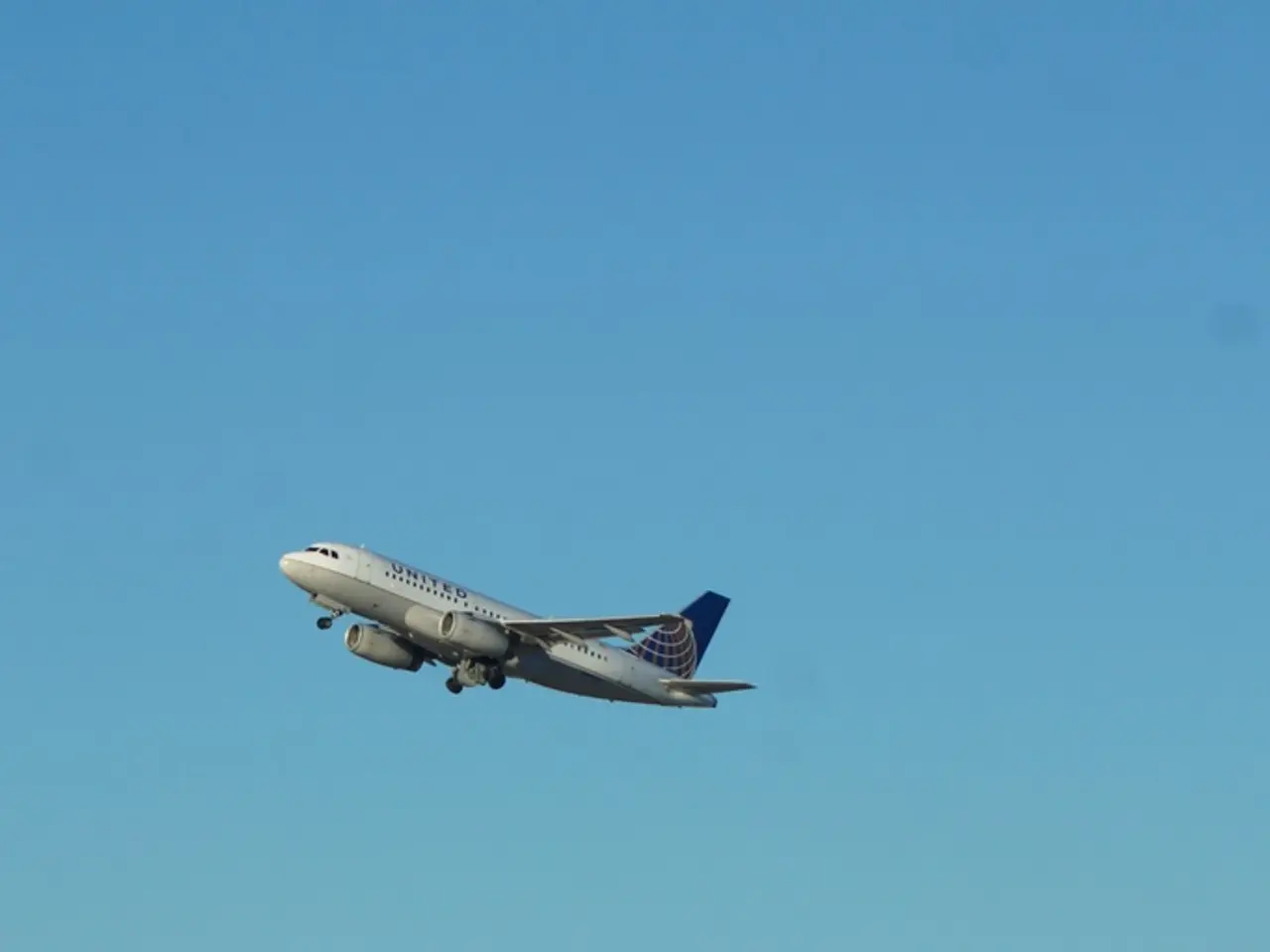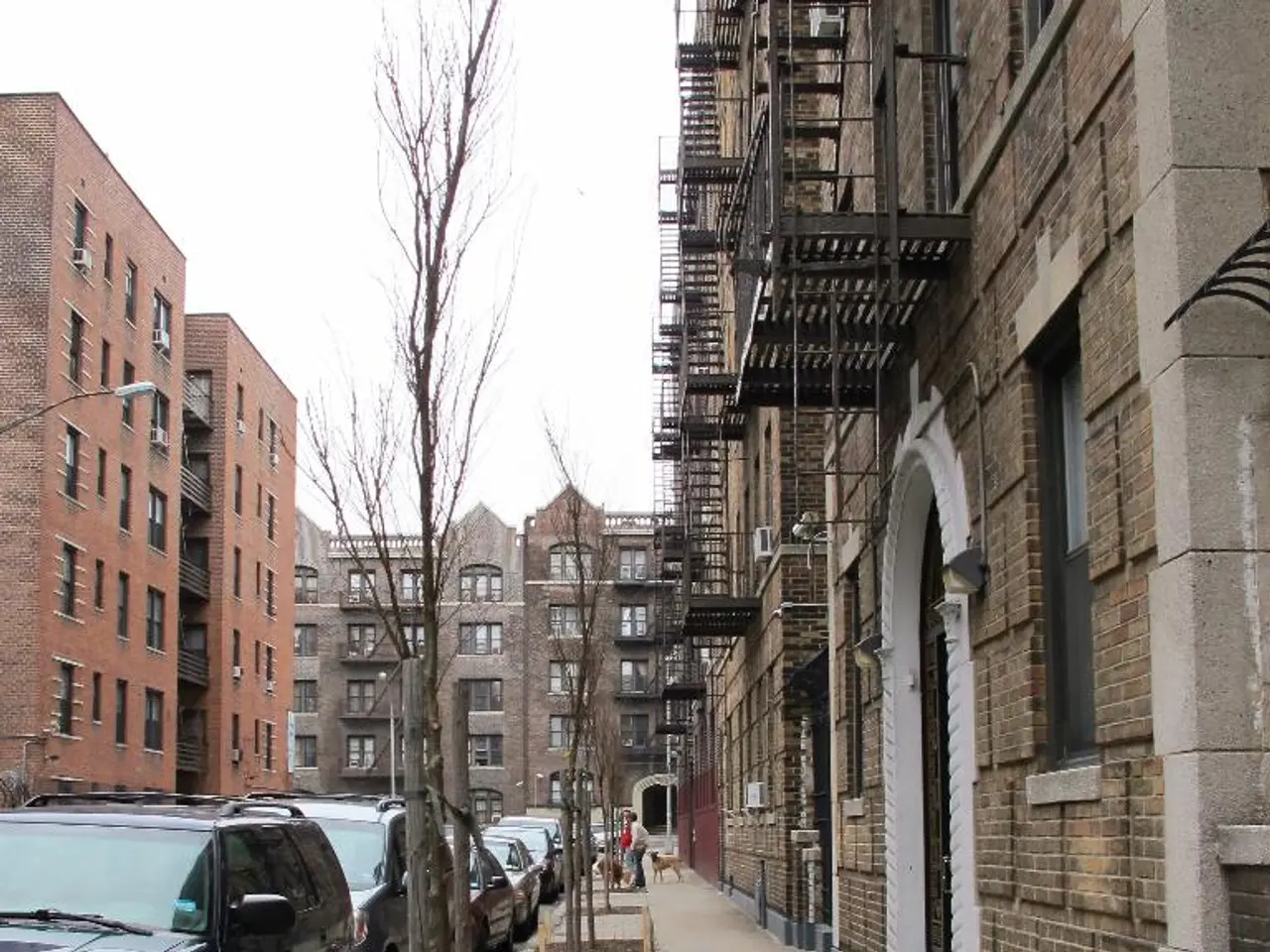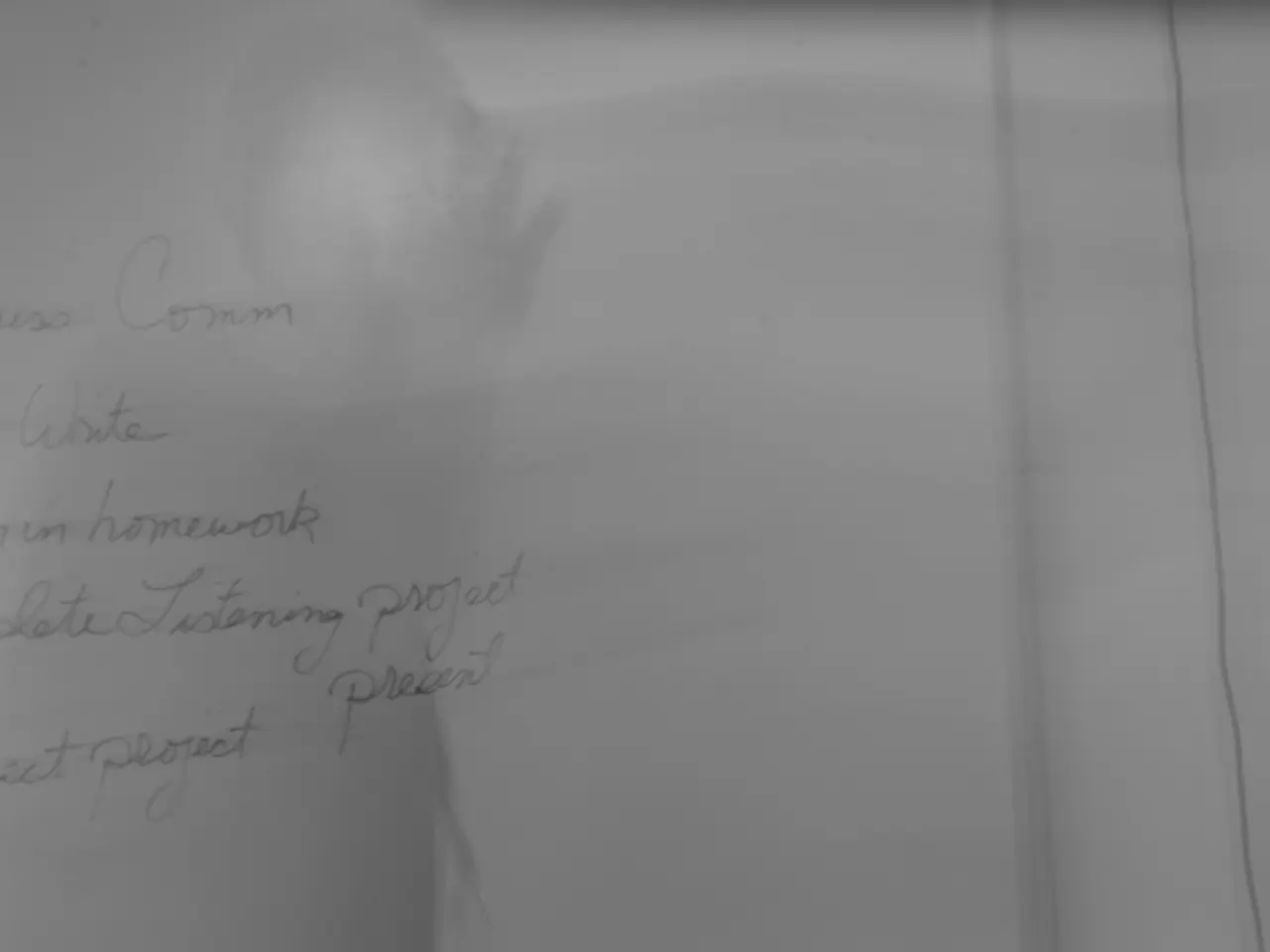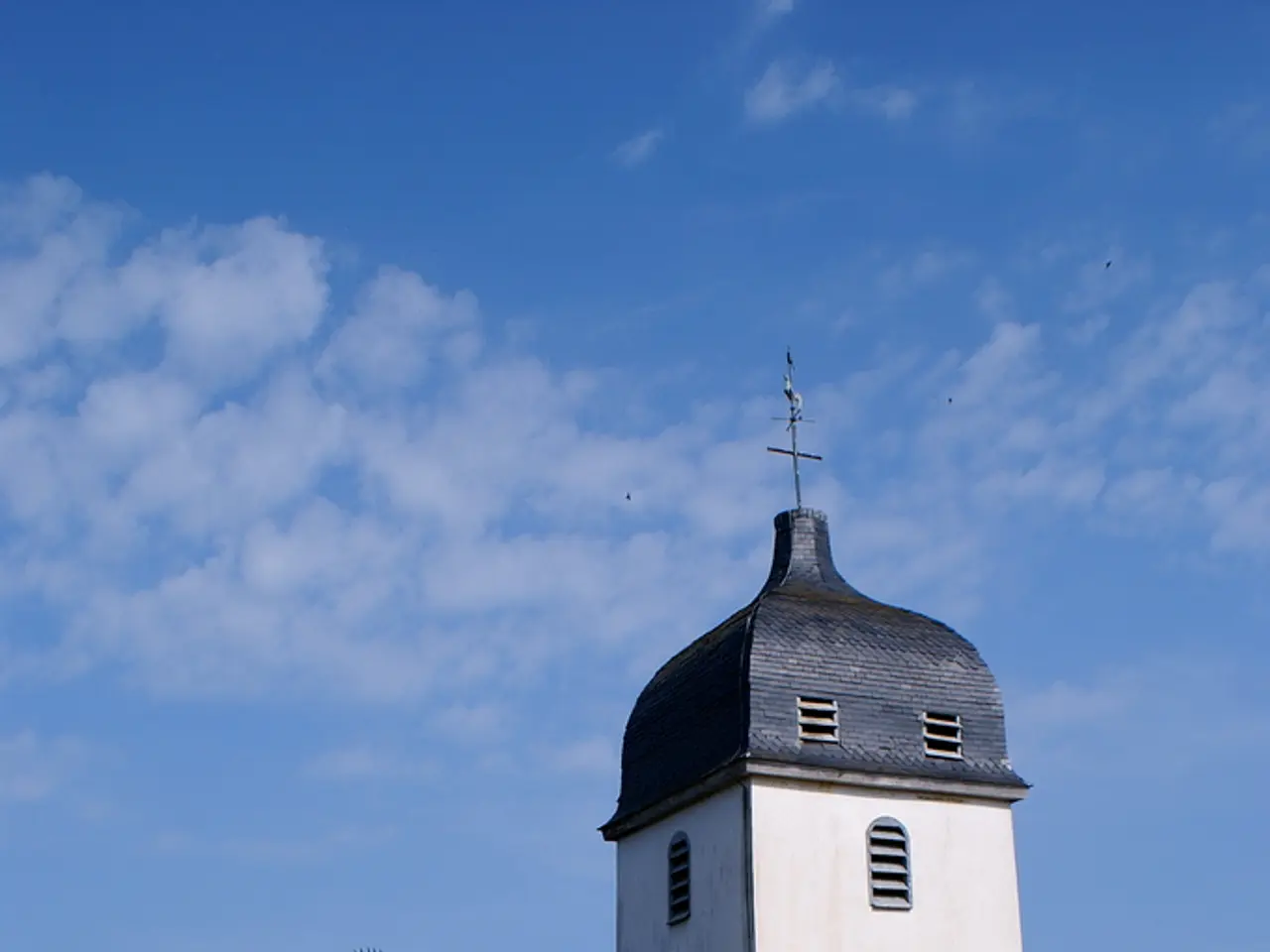Portugal unveils plans for TAP airline's privatization
In a significant move for the European aviation industry, Portugal's Prime Minister, Luís Montenegro, has announced concrete steps towards the privatization of the state-owned airline TAP Air Portugal [1][2]. The aim is to sell a 49.9% stake in the company, with 44.9% going to private investors and 5% allocated to TAP's employees.
The news has sparked interest from potential investors, including industry giants such as Lufthansa, Air France-KLM, and IAG (parent company of British Airways and Iberia) [1]. While Lufthansa has remained tight-lipped about its potential involvement, both IAG and Air France-KLM have expressed interest in the process, once the details become clearer [1].
TAP, Portugal's largest airline, founded in 1945, is strongly represented on routes to Brazil, South America, and Africa [3]. This strategic advantage, coupled with the company's past three years of profitability, reporting a net profit of 54 million euros in 2024, despite the challenges posed by the COVID-19 pandemic, makes it an attractive target for European airline consolidators seeking to expand their transatlantic and African connectivity [3].
The privatization of TAP is no longer just a discussion but is taking concrete shape. The government's decision to privatize aims to maintain TAP's air hub in Lisbon and guarantee the use of all airport infrastructure in Portugal [3]. The re-privatization of TAP was initiated by the then-leftist government, and the conservative government is now pursuing the long-delayed project [3].
The goal of finding a strategic partner for TAP is to bring more economic stability and impetus to Portugal's national economy. During the COVID-19 pandemic, TAP suffered record losses of 1.2 billion euros in 2020 and 1.6 billion euros in 2021 [3]. The Prime Minister, Luís Montenegro, has expressed his confidence that there will be many interested parties in the TAP privatization [2].
This development is being closely watched in the European aviation industry, as the privatization of TAP could lead to significant changes in the industry's landscape. The Council of Ministers' decision to privatize aims to secure TAP's future and ensure its continued contribution to Portugal's economy [3]. The Prime Minister made this announcement in Lisbon, Portugal.
[1] Reuters. (2023, March 1). Portugal to sell 49.9% of TAP Air Portugal to private investors. Reuters. Retrieved from https://www.reuters.com/business/aerospace-defense/portugal-to-sell-49-9-stake-tap-air-portugal-private-investors-2023-03-01/
[2] Associated Press. (2023, March 1). Portugal to privatize 49.9% of TAP Air Portugal. The New York Times. Retrieved from https://www.nytimes.com/2023/03/01/business/portugal-tap-air-portugal-privatization.html
[3] Bloomberg. (2023, March 1). TAP Air Portugal Privatization: Everything You Need to Know. Bloomberg. Retrieved from https://www.bloomberg.com/news/articles/2023-03-01/tap-air-portugal-privatization-everything-you-need-to-know
The privatization of TAP Air Portugal has piqued the interest of various prominent players in the aviation industry, such as Lufthansa, Air France-KLM, and IAG, the parent company of British Airways and Iberia.
Financial stability and growth for Portugal's national economy are the primary goals of the decision to privatize TAP Air Portugal, given the airline's significant losses during the COVID-19 pandemic.




